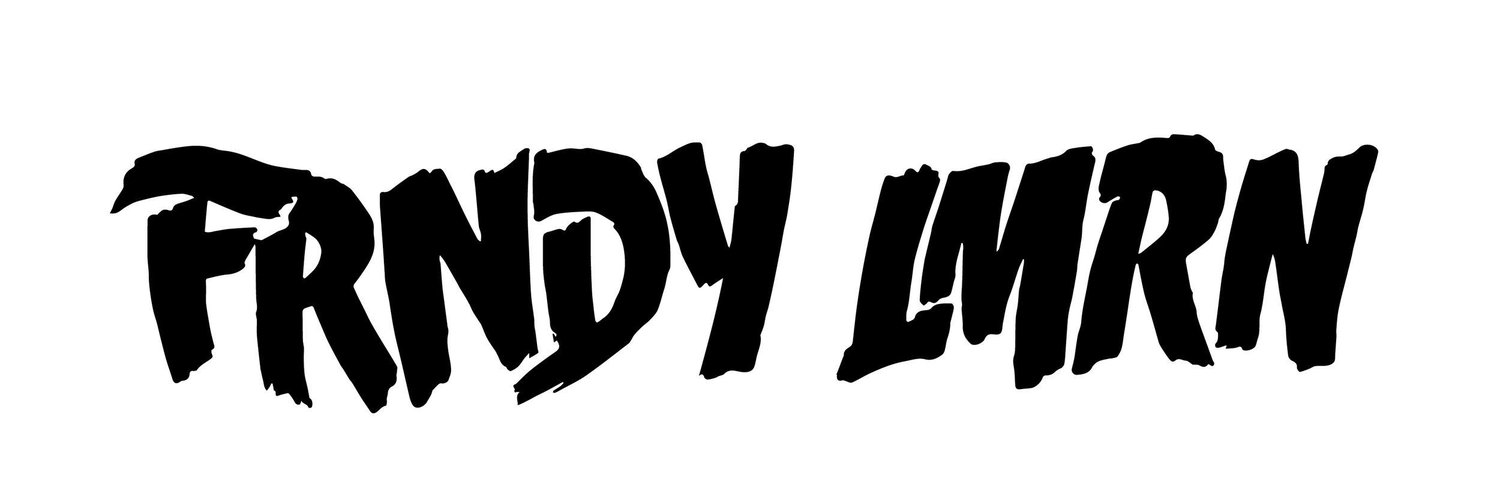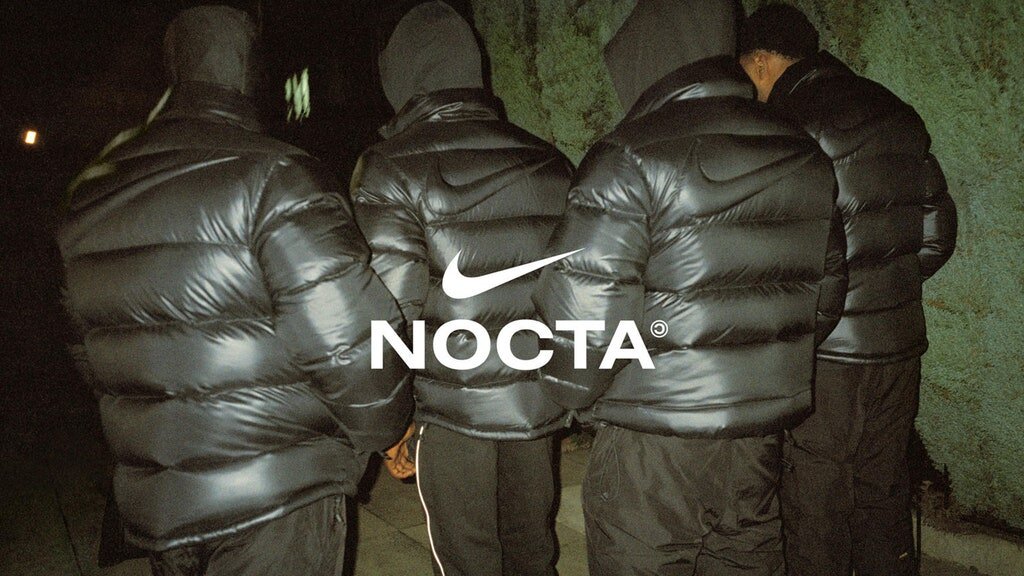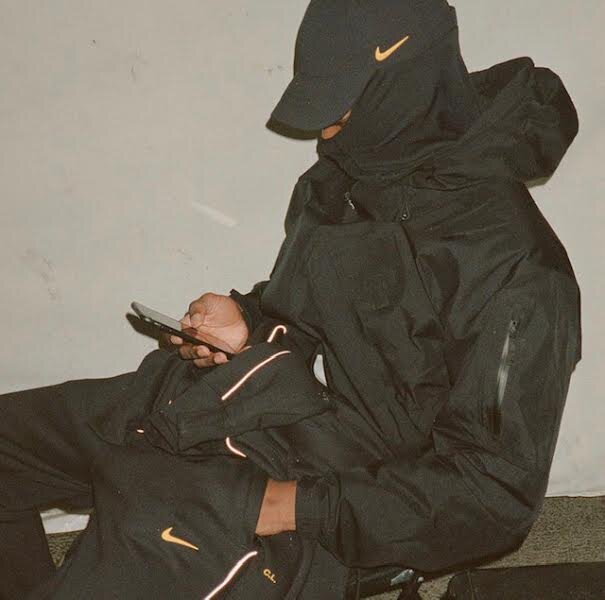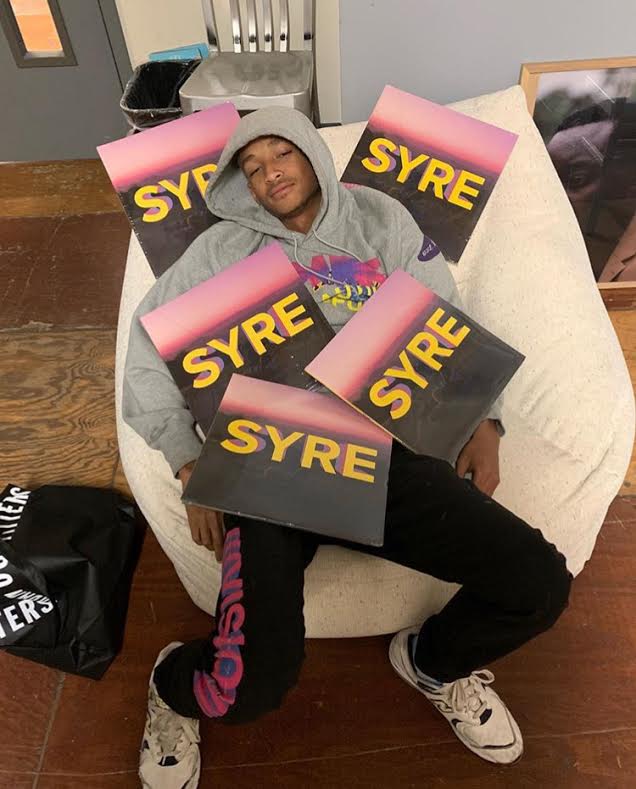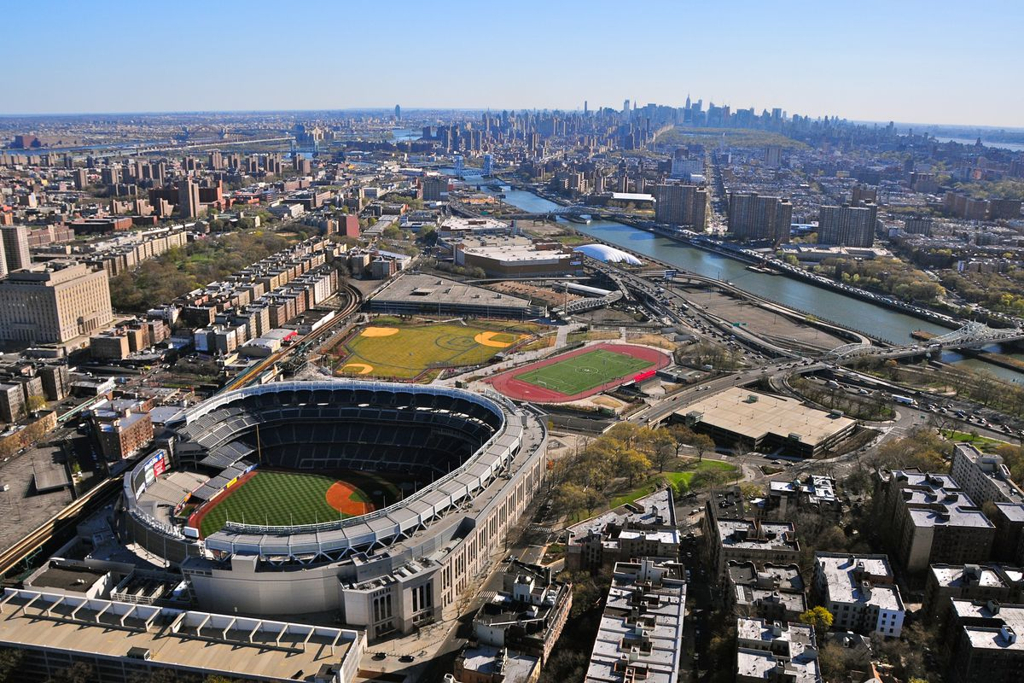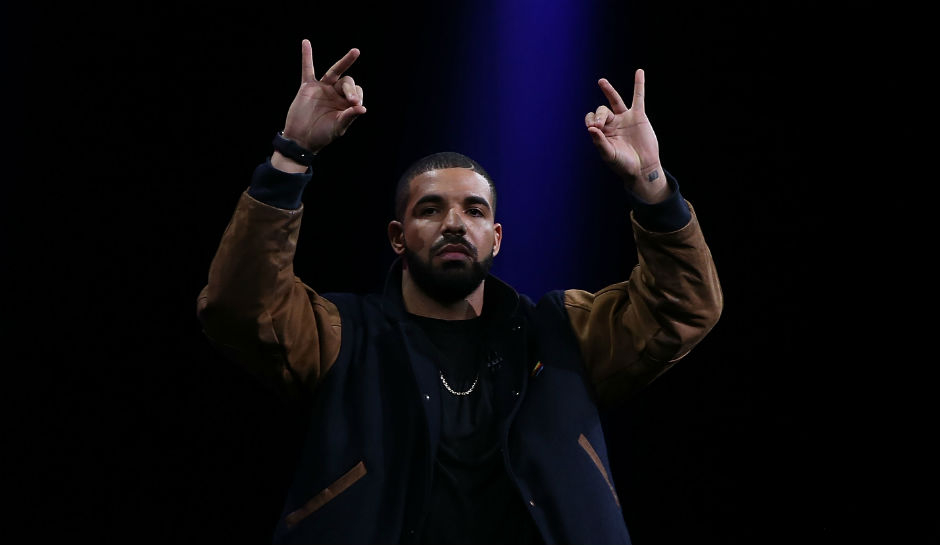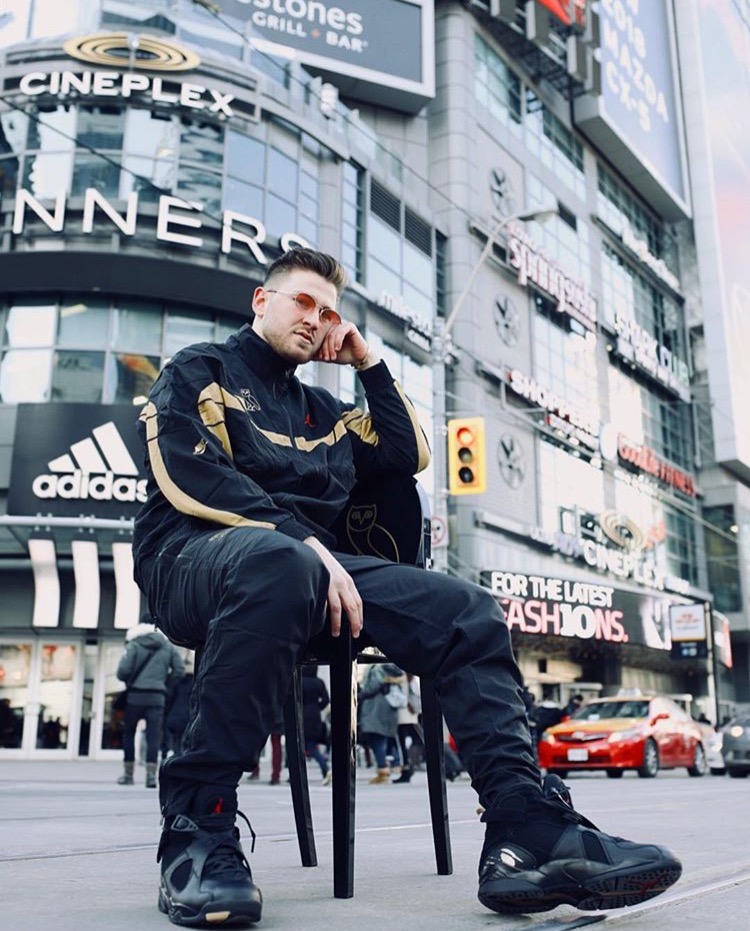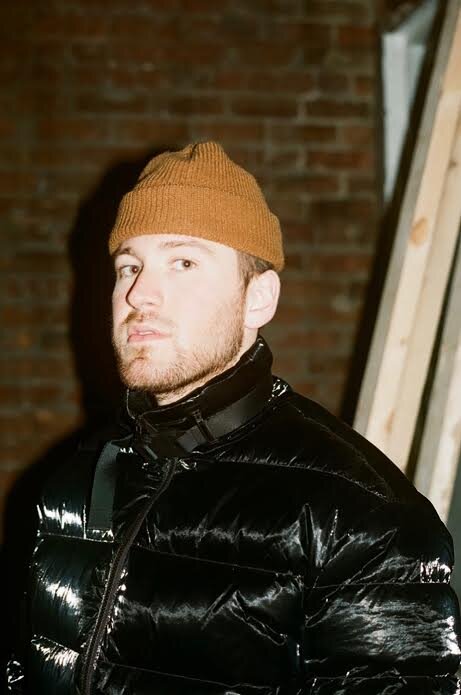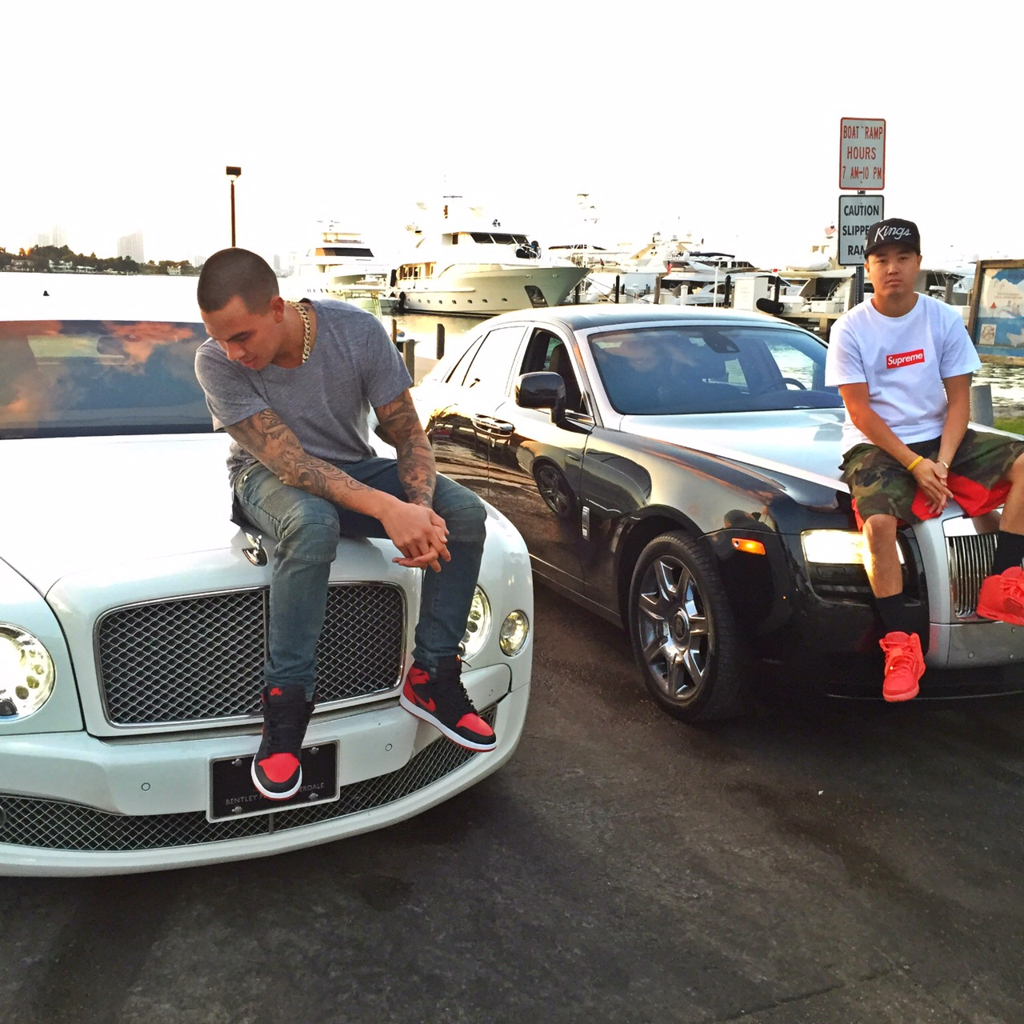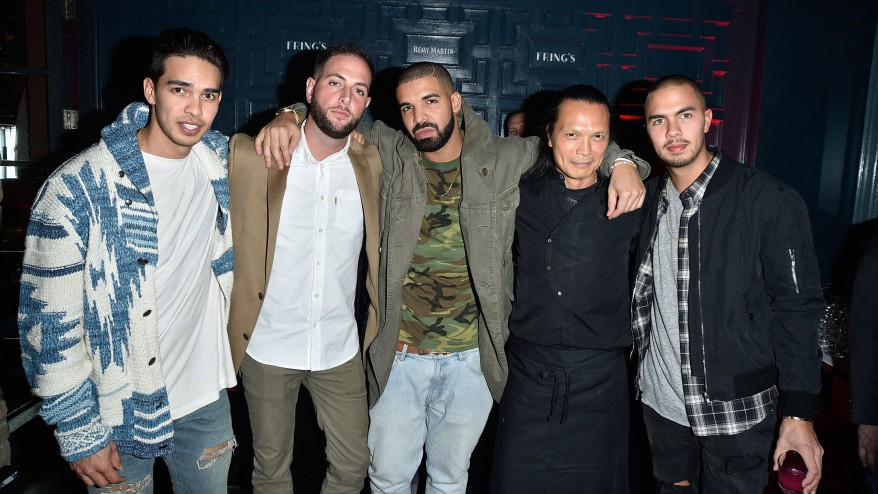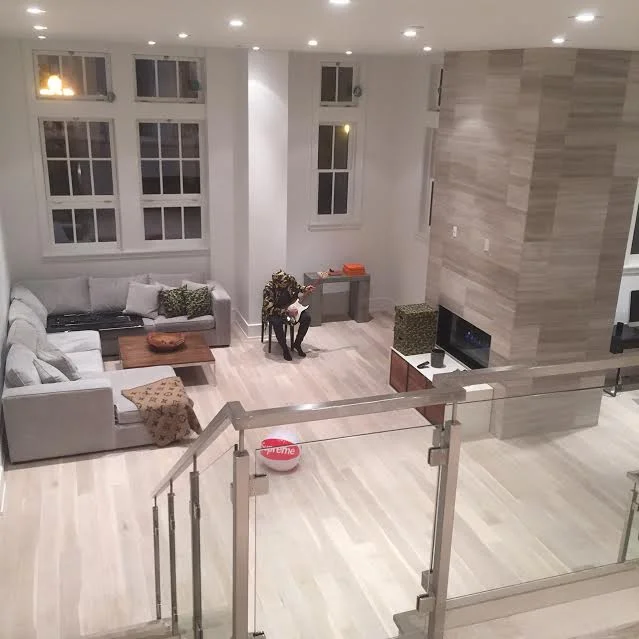FRENDY: What was your childhood like? Were you running around with the “hood” kids, or were you disciplined enough not to?
ED: I was always disciplined in the way I was raised, but as my grandmother always said, I was always a little fearless and stubborn-hearted. So, I know what is right from wrong, but I’m going to do whatever I need to do at a particular moment. As a kid I was always into sports, my dad was never around that much. He left when I was two and I didn’t meet him until I was 26 or so.
I spent most of my childhood with my grandmother. My mom was always going to nursing school, so I grew up thinking my granny was my mom. When I was sent to Africa at the age of six she came along with me. I always called her “momma.”
FRENDY: Why were you sent to Africa at the age of six?
ED: It’s a cultural thing, you know. My mom side of the family wanted to see me—I had to go back there to do some ritual sh*t. That’s a story for another day. My mom sent me to Ghana for like four years. Then, my daddy side of the family wanted to see me so I went to Ethiopia for another four years. I came back to the states for 8th grade, high school and college.
FRENDY: Oh, so most of your childhood was spent in Africa?
ED: Yeah, that’s why I see the world the way that I do. As much as living in Africa impacted me, the Bronx did that same thing but in a different magnitude.
FRENDY: I think that’s why you’re so balanced as an individual. If someone met you for the very first time he/she would think you’re an absolute menace appearance wise, when in reality you’re extremely grounded and introspective.
ED: That’s my whole approach. Growing up in the Bronx made me like that. I lost a lot of people I loved at a young age to nonsense violence. When I came back to the Bronx, all my homies were grown. I remember my friend “Fresh,” he went from being a skinny bull who always kept getting picked on to a person who never left his house without a gun.
FRENDY: Do you think that would have been you as well if you stayed in the BX?
ED: Nah. My uncle was the head of a gang and I always told him as a kid that the gangbanging sh*t is stupid. He asked me why and I said if I have a problem with someone it’s because I have a problem with them, not because so and so I know that is in the same set as me have a problem with them. He later explained to me that being in a gang isn’t really like that—people that do that are really f#cking up the game. He said it’s all about representing your set, taking care of the community.
FRENDY: It’s like a family…
ED: Yeah. Back then the police used to come in the neighborhoods and f#ck up the community and do whatever they wanted. So the gang members were like the gatekeepers, you dig? But now it turned to some other dumb sh*t. I’m always going to do what I want to do.
See there’s one thing I learned about the hood—when you respect yourself and stand up for what you believe in, even the OGs salute you. I tell them you do that gangbanging sh*t, that ain’t me. I ain’t about that life.
FRENDY: As long as you remain true to yourself, it doesn’t matter if you’re a gangster or not…
ED: Even the gangsters are going to salute you.
FRENDY: Right.
ED: See, I love the Bronx because I met all types of people. If I was to go to the South Bronx with you right now, you’ll be shocked on how many people I know. I learned so much from them. The biggest trappers etc. would tell me “yo youngin’ keep hoopin’, f#ck this sh*t. This is no way of life.”
Every real drug dealer I’ve ever met, never tried to tell a n*gga from the hood to do what they do. I’m sure if you go to a couple of hoods in America you’ll find some kids that will tell you the same sh*t. Hearing all of this at such a young age made me move a bit different. I was raised and schooled by some real OGs, you know?
FRENDY: So when you returned to the Bronx, which school did you attend?
ED: I went to Paul Robeson middle school, I.S 183. Initially I wanted to go to 162, but they wouldn’t put me there because all my homies went to the school. We were all known for being troublemakers at that time. Just a bunch of wasted youth man, we didn’t know any better.
FRENDY: Although you were a rowdy kid, you still knew what was right from wrong obviously…
ED: Yeah, I always stood up for what I believed in. I wasn’t the type to condone dumb shit, like If I wasn’t going to do it I won’t influence my n*gga to do it. I think that’s part of the reason why I was so protected growing up, even when my uncle went to Jail. He actually just came home after a 20-year bid.
FRENDY: How were you doing in school? What were your grades looking like?
ED: The American school system is funny to me. I don’t know if it’s because of the time I spent in Africa or not. When I was in Ghana under the British education system, it was better. When I came back to the states, I was put in grade six because of my age. I was there for about a month. Then the school placed me in grade eight.
FRENDY: Why did that happen?
ED: Because I was too advanced for that sh*t—the American education system is easy in a way because they test us on memory and less on wisdom and intelligence. I’m a visual person so it’s really easy for me to memorize something. I never really took school serious, but I did have the second highest SAT score in my HS.
FRENDY: Which HS was that?
ED: This is Life Science Secondary High School on the Upper East Side. I think they changed it to a charter school now. My grandmother taught me a lot back in Africa. I was actually homeschooled by her—she was teaching me about Selassie, Malcolm and Marcus Garvey.
FRENDY: It was beyond food with her…
ED: Yeah—my grandmother is a G, man.
FRENDY: When you were living in Ghana, your mother wasn’t around?
ED: Nah, she was back in New York City going to nursing school.
FRENDY: How about your dad?
ED: Nah, he left when I was real young. We never really kept in touch until I was around 26. I have my mother’s heart, but the majority of my personality is my dad—he’s an arrogant piece of shit. I’m not proud of it...I have his blood in me. I’m trying to balance everything out. I’ll figure it out one day.
FRENDY: What was the reason behind your mom’s move to America?
ED: She came here for school. My grandmother had a store on 225th and White Plains road called “African Queen.” It might still be there, who knows. She was importing traditional African goods to the states that people needed. Stuff like fufu, peanuts and all the other traditional essentials of North African cuisine.
Ghana is known for two things: gold and cocoa. Cocoa you can make chocolate out of it—my family own plenty farms of it. When it turns yellow, you cut it and eat it fresh. It’s one of the best fruits you can ever f#cking eat. She noticed in the neighborhood that there was a bunch of Jamaicans, and they loved bleaching their skin. Skin bleaching is very big in the West Indian islands—look at Vybz Kartel. So there’s a huge market for that. My grandmother would take one of the key supplements in bleaching, which is cocoa. The dried shell of the cocoa is smashed up to produce an essential oil to help the skin bleach naturally. She would mix that with other chemicals, and that would be the moneymaker. She used all of the money to open a restaurant. She had an apartment right above the CBS studios on 50 something street for years before she passed.
